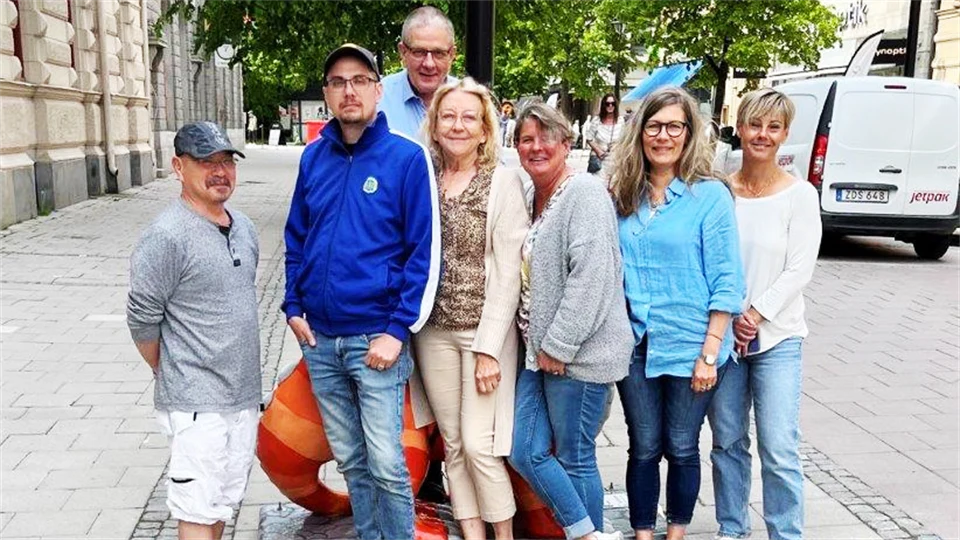Leadership in play – new research highlights the educational potential of leisure‑time centres
After-school staff have a key role in children's learning through play, but their leadership is still a relatively unexplored area. A new research project shows how conscious leadership can make play a stronger learning environment.
Despite the fact that over 83 percent of children in the younger school years are enrolled in after-school centers, there is still limited research on the after-school staff's (FHL's) leadership in play. The recently completed project at the Department of Educational Sciences (UTV) "To lead the after-school centre's teaching; Leadership is explored through action research" has addressed this knowledge gap.
Leadership in leisure-time centres is complex. The staff must balance between care and learning, free play and controlled activities – often without sufficient time or tools to lead consciously. Previous research has emphasized the importance of the staff's active role in play. This study deepens the understanding of the different leadership positions that can be taken, and how these affect children's learning.
Wants to develop a responsive way of working
The project has been conducted as action research, where researchers and staff have collaborated to identify challenges, test new ways of working and reflect on the results through interviews, conversations and field notes. The goal has been to develop a play-responsive didactics – a responsive way of working where the staff can switch between supporting, reinforcing or taking a step back into play depending on the situation and the children's needs.
"Being part of the research project has strengthened us as a group, but it has also been challenging – both professionally and personally. We have really had to explore what it means to be a leader, and realized that everyone carries leadership, even if you don't always see it yourself," says Erika Forsberg, after-school teacher at Bergsåker's school.
Peter Högström, assistant principal at the school, believes that the project has also developed the group's cooperation and understanding of each other's strengths.
"The college's different leadership and differences provide a breadth in the work with the students. It's about knowing yourself and being able to parry each other in the team, so that together we create balance," he says.
Has provided concrete tools
The project, which ran from August 2024 to June 2025, has not only provided new knowledge for research, but also concrete tools for the daily work of leisure staff. With strengthened leadership in play, the leisure-time centre's pedagogical mission is also strengthened – for the benefit of both the professional role and the pupils' development.
Contact person:
Lena Boström, Professor of Education at the Department of Educational Sciences (UTV): lena.bostrom@miun.se
Contact

